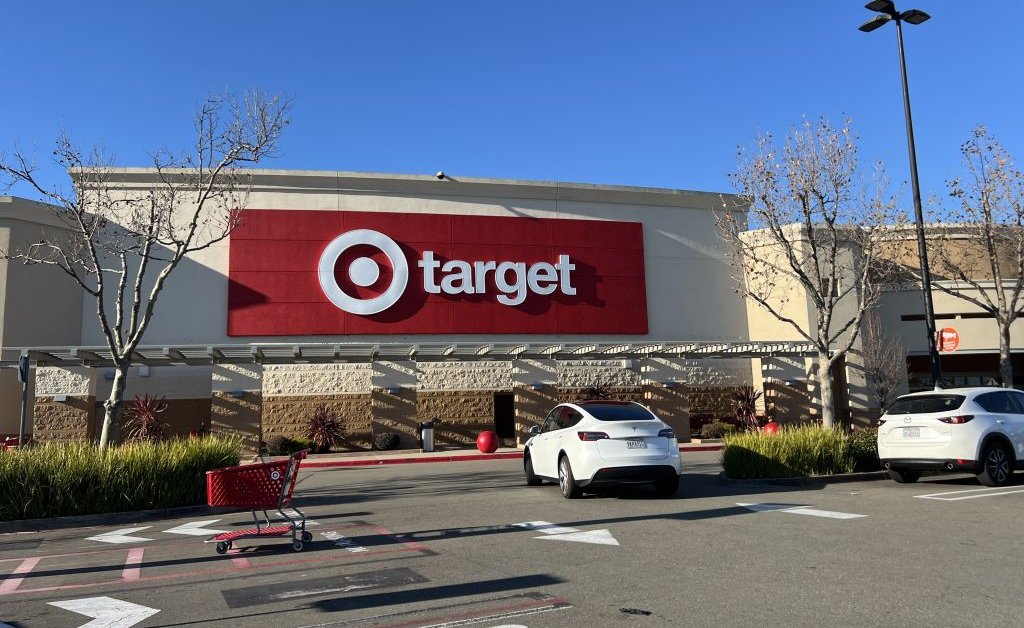Target faces a month-long boycott initiated by Rev. Jamal Bryant, urging Black shoppers to protest the retailer’s shift away from diversity, equity, and inclusion (DEI) policies. This move comes after Target, along with other companies like Disney and Google, reversed their DEI efforts following a controversial Executive Order by President Trump labeling DEI programs as discriminatory. Target’s decision to end DEI goals and surveys has sparked backlash, with customers expressing disappointment over the company’s stance. This boycott is part of a larger trend where progressive shoppers are holding corporations accountable for their DEI commitments.
The impact of scaling back DEI initiatives is evident, as a report reveals that a significant portion of consumers have stopped shopping at their favorite stores due to cuts in DEI commitments, particularly affecting Black, Hispanic, and LGBTQ+ shoppers. Contrary to Target’s actions, companies like Ben & Jerry’s and Costco have maintained their dedication to DEI, highlighting the potential long-term consequences of such corporate decisions.
As the debate over DEI intensifies, legal challenges against the Trump Administration’s anti-DEI directives have emerged, with courts blocking certain aspects of the Executive Order. The ongoing legal battle underscores the complex interplay between corporate decisions, consumer sentiment, and federal policies regarding diversity and inclusion efforts. Target’s response to this boycott and its future approach to DEI will likely shape its relationship with customers and the broader social landscape.

